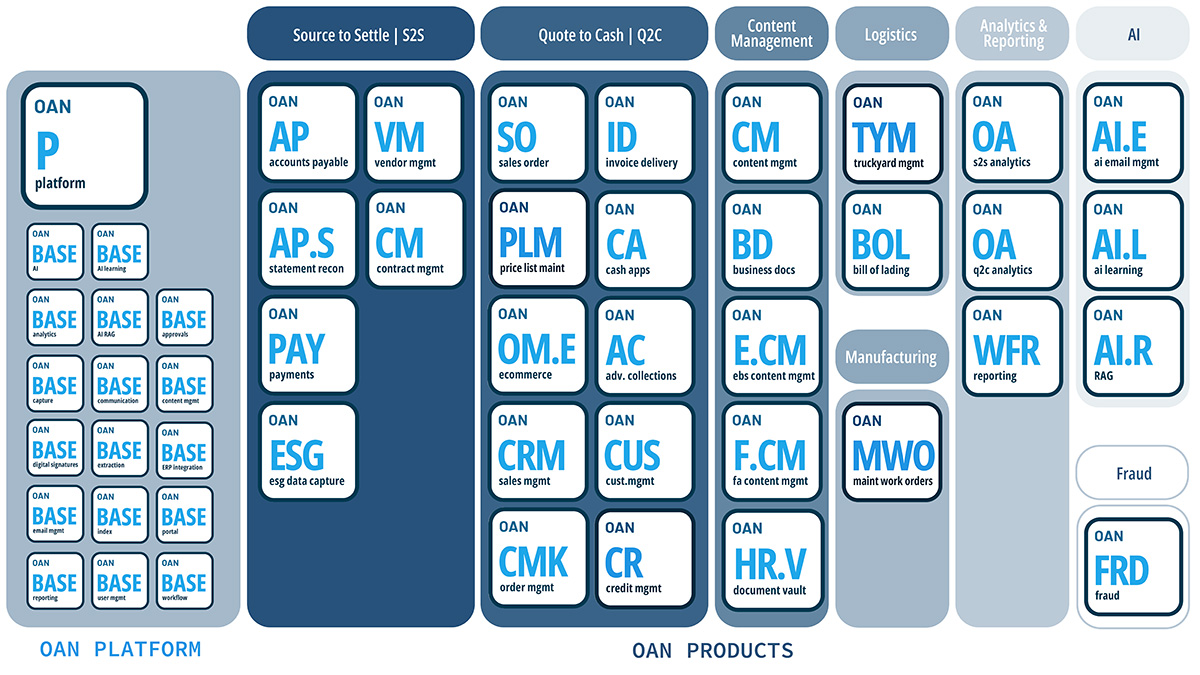In financial transactions, two traditional methods have remained steadfast for decades: ACH (Automated Clearing House) payments and paper checks.
These payment methods have distinct purposes and unique advantages, making them essential tools for individuals and businesses.
A Closer Look at ACH Payments
Automated Clearing House (ACH) payments are electronic transfers that enable the movement of funds from one bank account to another. ACH transactions are widely used for various financial activities, and understanding their purpose is crucial.
Let’s understand the purchase of ACH payments:
1. Direct Deposits: Streamlining Payroll
One of the primary purposes of ACH payments is streamlining payroll processes. Employers use ACH to facilitate direct deposit of employees’ salaries into their bank accounts. This ensures efficient, secure, and timely payment, eliminating the need for physical checks and enhancing convenience for employers and employees.
2. Bill Payments: Settling Debts Digitally
Another essential purpose of ACH payments is bill settlement. Individuals and businesses use ACH to pay utility bills, mortgages, rent, and recurring expenses. ACH payments offer convenience, reduce the reliance on paper checks, and minimize the risk of late payments.
3. Online Purchases: E-Commerce Convenience
ACH is widely used for online purchases, mainly recurring subscriptions and e-commerce transactions. The purpose is to provide a secure and efficient payment method for buyers and sellers alike. ACH payments simplify the online shopping experience by automating recurring payments.
4. Business-to-Business (B2B) Transactions: Boosting Efficiency
ACH payments play a critical role in business-to-business (B2B) transactions in the corporate world. Companies use ACH for vendor payments, supply chain transactions, and other financial dealings. The purpose is to enhance efficiency, reduce manual processing, and lower transaction costs.
Exploring the Purpose of Paper Checks
While the digital age has introduced numerous electronic payment methods, paper checks remain used for specific purposes due to their unique attributes.
Let’s delve into the primary reasons for utilizing paper checks.
1. Personal Payments: Gifting and Small Transactions
Paper checks continue to serve as a popular method for personal payments, including gifts, reimbursements, and small transactions. They offer a tangible and unique way to exchange funds and can carry sentimental value for occasions like weddings and birthdays.
2. Limited Acceptance: Where Digital Is Not an Option
Sometimes, paper checks are used when digital payments are not accepted. For example, certain small businesses, local vendors, or service providers may need the infrastructure to process digital payments. In such instances, paper checks offer a viable payment option.
3. Records and Documentation: Paper Trails
Paper checks provide a physical record of financial transactions. This is especially valuable for businesses and individuals who require documented evidence of payments. Check stubs and carbon copies serve as a paper trail, facilitating record-keeping and financial organization.
4. Trust and Control: Personalized Payments
Paper checks allow for personalized and controlled payments. They give individuals a direct hand in the payment process, which some may prefer for specific financial transactions. Checks also allow for the inclusion of personal messages or memos.
5. Secure Payments: Reducing Online Vulnerability
Paper checks offer a secure alternative for individuals concerned about online security and potential cyber threats. By avoiding digital platforms, they can reduce the risk of online vulnerabilities and cyberattacks.
Comparing Use: When to Choose ACH or Paper Checks
The choice between ACH and paper checks depends on various factors, including the nature of the transaction, security considerations, and individual preferences.
Let’s explore when to choose each payment method.
When to Choose ACH
Here are the cases when ACH transactions bring more value to the table:
- Routine Payments: ACH is an ideal choice for recurring payments, such as utility bills, rent, and mortgage payments. The automation of ACH ensures timely and consistent transactions.
- Business Transactions: Businesses benefit from using ACH for vendor payments, payroll, and other B2B transactions. It streamlines financial processes and reduces manual paperwork.
- Online Shopping: ACH payments are suitable for online shopping, especially for recurring subscriptions and e-commerce transactions. They offer security and convenience.
- Quick and Secure Payments: ACH is a secure and efficient method for making prompt payments for business or personal use.
When to Choose Paper Checks
Here are some of the instances where paper checks make more sense:
- Personal Transactions: Paper checks are an excellent choice for personal transactions, such as gifting money or reimbursing friends and family.
- Small-Scale Vendors: In situations where digital payment options are unavailable, paper checks are practical for dealing with small-scale vendors or service providers.
- Documented Payments: Paper checks are valuable if you require physical documentation of payments, especially for record-keeping or accounting purposes.
- Security Preferences: Paper checks offer a secure payment method for individuals who prioritize security and want to avoid online vulnerabilities.
Conclusion: Choosing the Right Payment Method
In the ongoing debate of ACH vs. paper checks, understanding the purpose of both payment methods is vital to making informed choices.
ACH payments excel in streamlining payroll, managing routine bills, conducting online transactions, and facilitating business interactions. They offer efficiency, cost-effectiveness, and security. On the other hand, paper checks retain relevance for personal transactions, small-scale vendors, documented payments, and individuals who prioritize safety or prefer tangible payment methods.
Individuals and businesses should adapt to these changes as the financial landscape evolves with the introduction of mobile wallets, cryptocurrencies, and other digital payment options.
By staying informed and embracing new technologies, they can make more efficient and secure financial transactions while utilizing traditional payment methods like ACH and paper checks when the situation calls for it.
Ultimately, the purpose of both ACH and paper checks is to facilitate financial transactions, and choosing the right method depends on individual needs, preferences, and the nature of the transaction. By understanding the strengths and limitations of each payment method, you can make informed decisions that optimize your financial processes and align with your financial goals.

